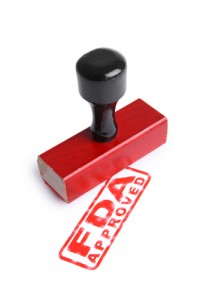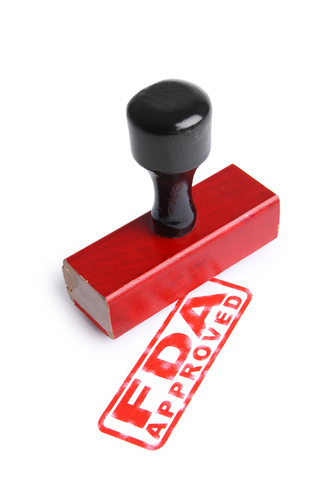 The U.S. Food and Drug Administration recently approved a new drug for type 2 diabetes treatment, Jardiance, which is distributed by Boehringer Ingelheim Pharmaceuticals, Inc.
The U.S. Food and Drug Administration recently approved a new drug for type 2 diabetes treatment, Jardiance, which is distributed by Boehringer Ingelheim Pharmaceuticals, Inc.
After seven clinical trials with 4,480 patients with type 2 diabetes, Jardiance showed improved hemoglobin A1c levels when compared to placebo and passed the FDA’s safety and effectiveness demands.
According to an FDA press announcement, Jardiance (empagliflozin) “provides an additional treatment option” both “alone or added to existing treatment regimens to control blood sugar levels,” according to Curtis J. Rosebraugh, M.D., M.P.H., director of the Office of Drug Evaluation II in the FDA’s Center for Drug Evaluation and Research.
The recently approved drug is a “sodium glucose co-transporter 2 (SGLT2) inhibitor,” as the FDA describes in its release. Jardiance helps the body to improve glucose’s excretion and consequently to lower blood sugar levels, since it prevents it from being reabsorbed by the kidneys.
Jardiance was designed specifically for type 2 diabetes patients, and it has some contraindications. This medicine should not be used by type 1 diabetes’ patients, in patients with increased diabetic ketoacids, in patients with renal diseases, or for those who are receiving dialysis.
Jardiance’s side effects are “urinary tract infections and female genital infections,” according to the description on the FDA’s page.
The FDA has already requested further tests, such as a cardiovascular outcomes trial, a pediatric pharmacokinetic-dynamic study, a pediatric safety and efficacy study, and a nonclinical juvenile toxicity study.
High blood sugar levels, possible in type 2 diabetes patients, can increase the risk of heart disease, blindness, and kidney damage, among other risks. It is estimated that type 2 diabetes affects approximately 26 million people and accounts for more than 90 percent of diabetes cases diagnosed in the United States.


